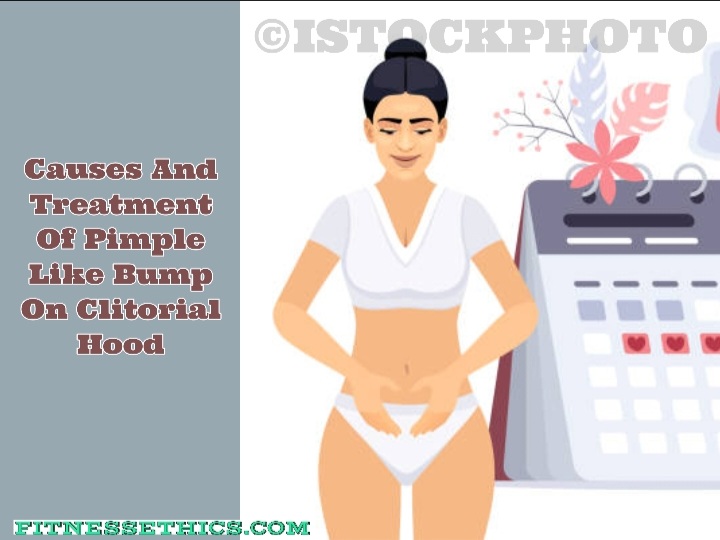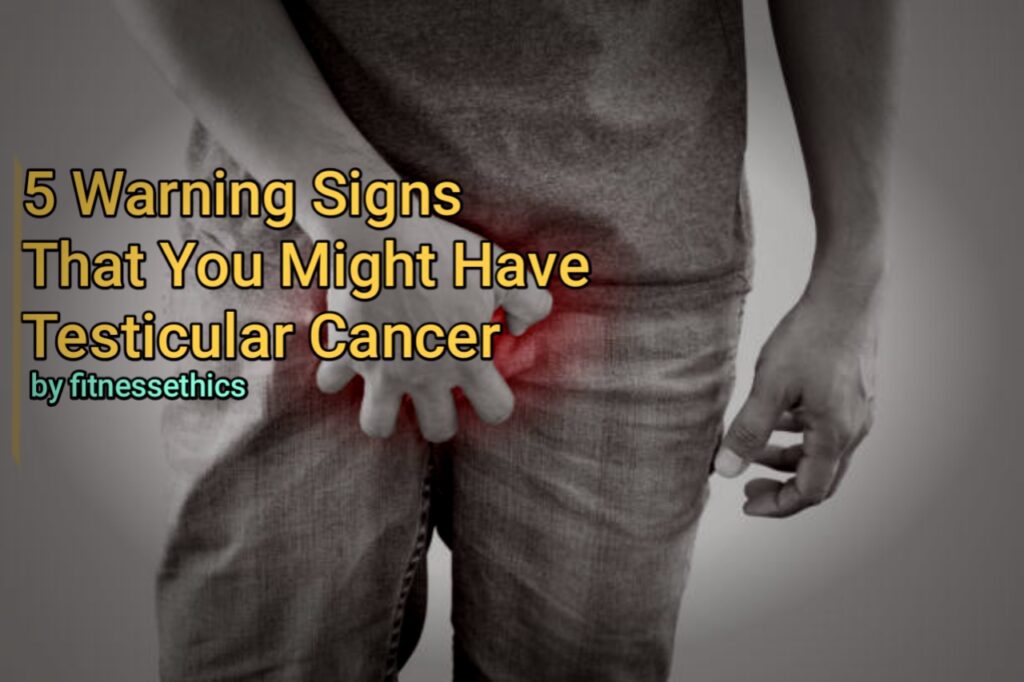The female genital is one of the most sensitive parts of a female body. Itchiness or irritation in that area will definitely cause physical and mental discomfort. It is very important for women to practice sexual hygiene. The vagina is one part of the body that can be vulnerable to infections and diseases.
Pimple-Like Bump On Clitorial Hood
Vaginal pimples aren’t actually pimples; they are called pimples because they resemble pimples in texture. Although some people still refer to them as genital bumps. Some genital bumps can cause discomfort and itchiness, while there are some that are not itchy at all and go away on their own.
What Causes Pimple-Like Bump On Clitorial Hood?
These pimples generally form on the labia and can be a sign of vaginal infection. An itchy genital bump can be a sign that you already have an STI that is about to manifest.
What can cause genital pimples? Well, it can be as a result of a change in normal bacterial balance or an infection.
Folliculitis
This might actually be the most common cause of pimples on the labia. Folliculitis basically occurs when bacteria enters the pubic hair follicles on the labia. Therefore, when hair grows out of these follicles, they tend to curl backwards into the skin. This is just like the growth of pimples on your face or any other part of the body.
What causes Folliculitis? Well, one of the major causes is shaving your pubic hair. You might have noticed by now that there are always a few itchy bumps after you’ve shaved. It’s always advisable to use recommended shaving materials for pubic hair.
Also, wearing tight-fitting undies and sweating in these tight-fitting underwear can increase the risk of having pimples on the labia caused by folliculitis.
There are ways in which you can avoid getting foliculitis. Although they usually go away on their own. You shouldn’t shave your pubic hair for some time, avoid tight-fitting clothes, and always shower after a sweaty day.
Contact dermatitis
This often happens when there is contact with the chemicals found in certain sanitary products like scented pads, tampons, bubble baths, laundry detergents, vaginal creams, and condoms, as well as perspiration, urine, semen, and vaginal discharge. Of course, these chemicals coming into contact with the labia won’t be good. They can irritate the labia and result in pimple-like bumps developing in the area. These particular pimples formed by contact dermatitis can actually cause itchiness and cause discomfort both mentally and physically.
Contact dermatitis is caused by a sanitary product, so you’ll have to quit using some of the products you feel contain chemicals to figure out what’s causing it. Once you’ve seen the product that is causing such bumps on your ve to quit using some of the products you feel may contain chemicals to figure out what’s causing it. Once you’ve seen the product that is causing such bumps on your hood, then you can stop using it. Those pimples should go away after you’ve gotten rid of the product. But if they persist, you’ll have to consult your healthcare provider.
How To Treat Pimple-Like Bump On Clitorial Hood
You can easily visit your healthcare provider for treatment. But meanwhile, you can follow some of these hygiene tips.
- Always keep your genital areas clean and dry
- Use warm water and a mild cleanser to clean the genitals
- Do not use scented soaps, creams, scented toilet paper or bubble baths
- Always use condoms while having sexual intercourse
- Always wipe from front to back after using the toilet
- Wear cotton underwear and change them daily
- Do not scratch as it may further increase the irritation
Often, pimples on the hood should clear out after you’ve followed good proper hygiene. If the pimples tend to persist, then you might actually have an STI. This is where your doctor comes in. You will have to consult your healthcare provider to prescribe recommended anti-viral or anti-bacterial products.
[starbox]



